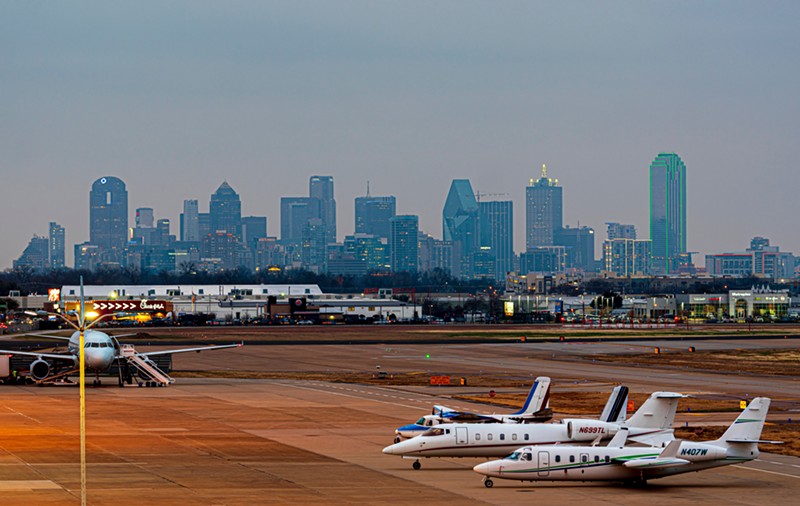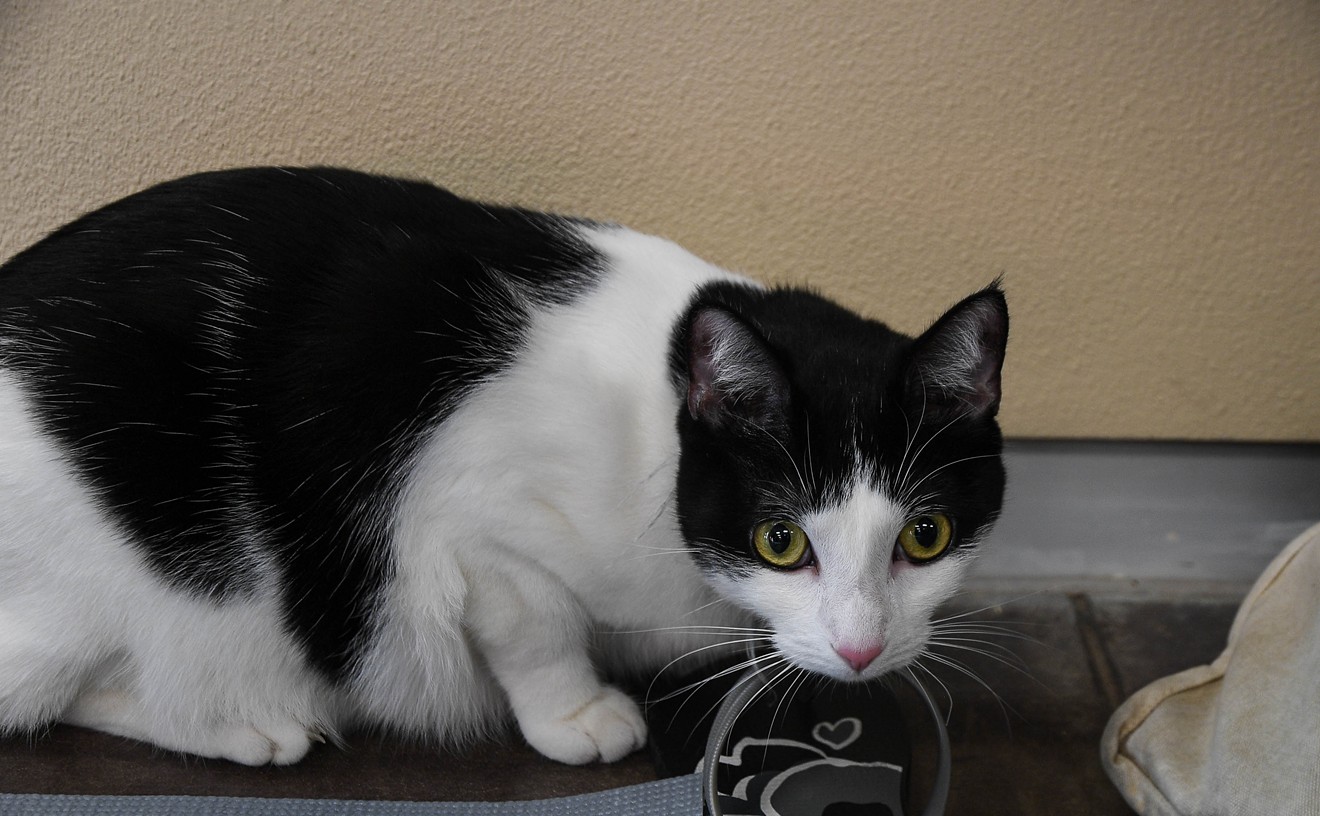On Monday, the Dallas-Fort Worth-based airline announced it’s requiring all its employees to get fully vaccinated against COVID-19. In a statement, the company said it had decided to comply with the federal vaccination directive.
Last month, President Joe Biden's administration declared it would mandate COVID-19 vaccines for staff of federal contractors, which include major airlines. Southwest employees must prove that they’ve received the vaccine by December unless they’re approved for a medical, disability or religious accommodation.
“Southwest Airlines must join our industry peers in complying with the federal government's COVID-19 vaccination directive,” Gary Kelly, Southwest Airlines chairman and CEO, said in the news release. “I encourage all Southwest Employees to meet the federal directive, as quickly as possible, since we value every individual and want to ensure job security for all.”
But not everyone is happy with the move, with the Southwest Airline Pilots Association (SWAPA) announcing it would seek legal action to prevent the mandate from taking effect.
“We want to be perfectly clear: SWAPA is not anti-vaccination,” the union wrote in a news release, “but we do believe that, under all circumstances, it is our role to represent the health and safety of our Pilots and bring their concerns to the Company.”
Some fear that airline staff may quit en masse, especially given that some hospitals mandating worker vaccines are now grappling with a labor shortage. But others say the measure will ultimately work in companies’ favor.
Southwest’s decision comes after another Dallas-based carrier, American Airlines, announced its own vaccine requirement last week. JetBlue Airways and Alaska Airlines, which are also federal contractors, have done the same.
It’s unclear how many of Southwest’s 56,000 employees could be upset by the vaccine requirement. The company doesn’t have data to share about how many of its staff are vaccinated or not, a company spokesperson said by email.
Meanwhile, around 30% of American Airlines pilots are unvaccinated, according to NPR.
"We have to continue to take steps to get the virus under control.” – Ben Zipperer, economist
tweet this
Ultimately, Southwest’s leadership must feel the vaccine mandate will be good for their bottom line, said Ben Zipperer, an economist with the Economic Policy Institute.
One of the things that’s keeping employment down in the U.S. is that many feel unsafe at work, especially in public-facing jobs, he said. That’s why low-wage sectors, like retail and restaurant employers, are having difficulty finding people willing to clock in for low pay.
Anything that employers can do to improve working conditions — be it better wages or increased safety — will make it easier for them to recruit and retain workers, Zipperer said. Still, Southwest and other companies will likely have to contend with some workers quitting because of COVID-related rules.
“That’s happening,” he said, “but it is kind of a drop in the bucket compared to the overall size of the workforce of these companies.”
Employees are often reluctant to ditch their job, even if they don’t like their working conditions, Zipperer said. For many, it may be difficult to land and retain a gig in their field, especially when factoring in things like a commute and childcare needs.
So even though some vaccine-resistant employees are likely to get upset, it’ll be a relatively small exodus compared to the overall workforce, he said.
The coronavirus has spurred on new problems in the economy, Zipperer added.
“I think everyone at some level recognizes … that the threat, not only to people’s health but to the economy writ large, is the virus,” he said. “And so we have to continue to take steps to get the virus under control.”












